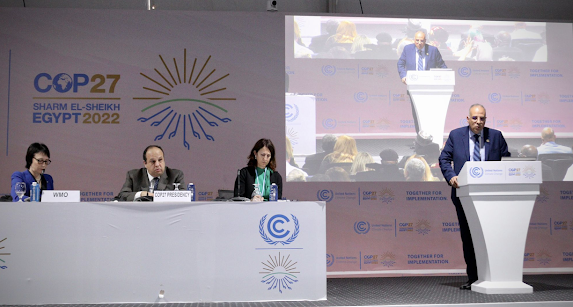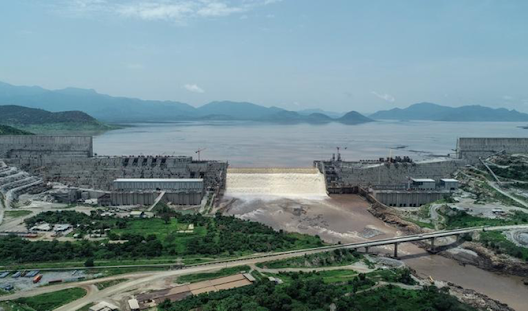Blog 6: Final Reflections
Final Reflections on Water and Politics. As I have written these blogs, I have realised how water politics is beyond transboundary river conflicts. I see how the ideas of Politics and Water exist because water IS political: water determines development, it is used tactically, it enables power and diminishes it simultaneously. The presence of water can determine the existence of a country and provides gateways for political opportunities and clashes. Its mere existence causes conflict, and the lack of its existence causes conflict. Prior to writing this blog, I never considered the everyday politics of water - it never struck me to see anything but global events, government interventions and military conflict as the politics of water. Therefore, my blog started out as quite broad and general. During my research, I slowly understood the everyday, local politics of water, from a farmer’s fear for their livelihood or a mother’s strenuous journey to get undrinkable water for her child...


